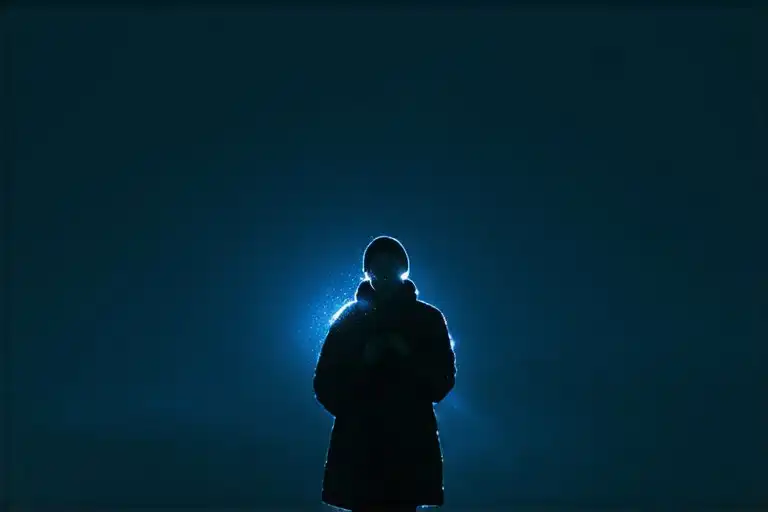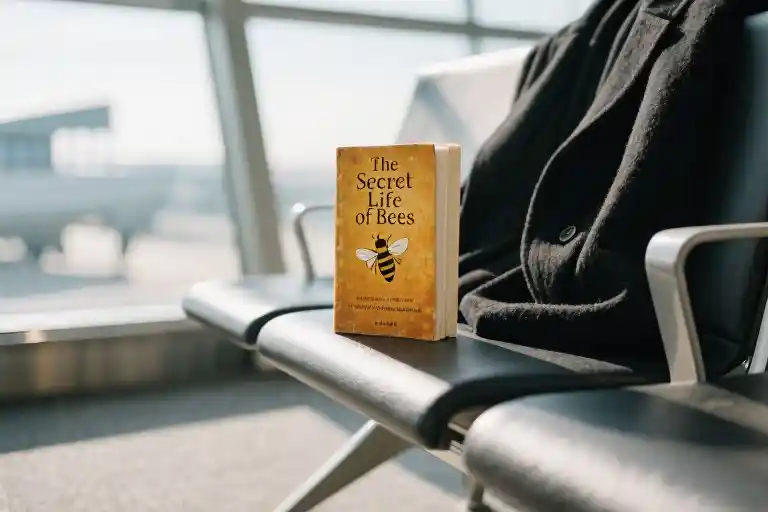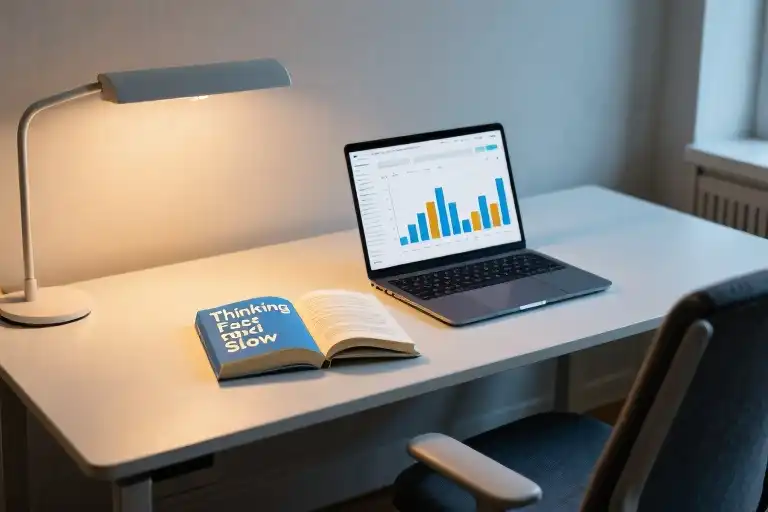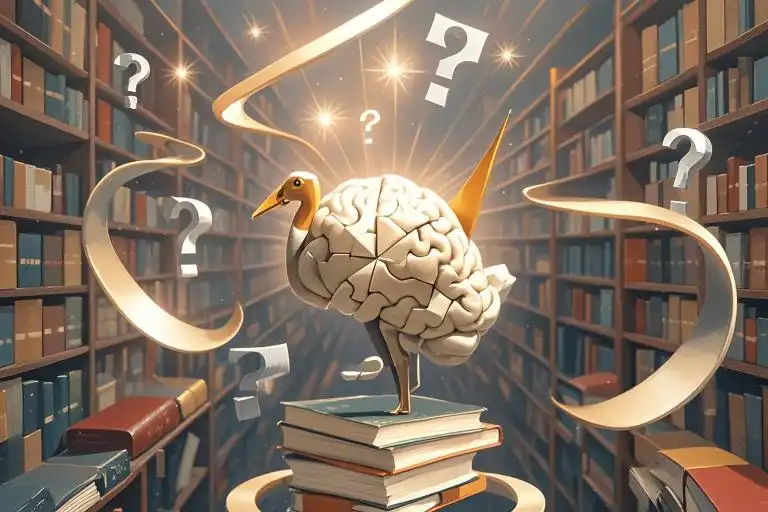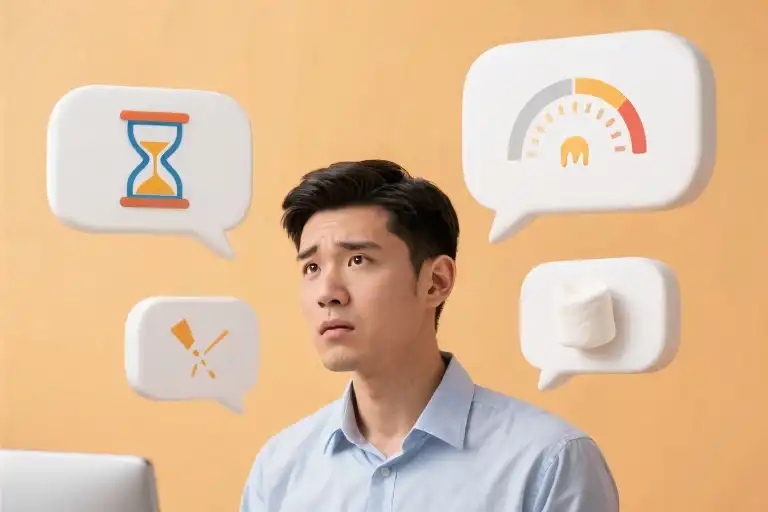The cinnamon-scented air of my local coffee shop turned toxic when I witnessed modern witchcraft. “Lefties have criminal minds!” declared the man stirring his matcha latte like a witch’s brew. His friend’s nodding head bobbed like a dashboard toy. Each fake statistic (“37% more likely to shoplift!”) hit me like espresso shots to the heart.
Here’s the bitter truth we all sip daily: Your brain lies to you about people. Not occasionally. Not accidentally. But systematically – with the ruthless efficiency of a TikTok algorithm feeding your darkest suspicions.
Let’s spill the psychological tea on four mental shortcuts that turn us into judgment zombies. I’ll show you exactly how to spot them – because awareness is the first step to breaking the spell.
1. The “Pain Equals Value” Deception
Why we romanticize terrible experiences like lovesick poets
Let’s play two truths and a lie:
☑️ That concert you froze for was magical
☑️ Your toxic job “taught you resilience”
☑️ The dating app disaster was “a growth experience”
Surprise – they’re all lies your brain told to avoid admitting “I messed up.”
Science calls this effort justification, but let’s get real: It’s our mind’s way of slapping a “WORTH IT!” sticker on crap experiences. The 2017 Journal of Personality study found:
People who suffered through bad movies rated them 28% higher than casual viewers
Your brain’s sneaky logic:
“If I bled for this, it MUST be special!”
→ Makes us defend awful relationships (“But we’ve been through so much!”)
→ Forces us to love overpriced brands (“It’s an investment!”)
→ Even… whispers… makes us pretend kale smoothies taste good
Reality Check: Next time you’re justifying pain, ask: “Would I choose this again knowing what I know?” The flinch you feel? That’s truth trying to escape.
2. The “I Spy With My Biased Eye” Game
How your brain edits reality like a sneaky film director
Confession: My brain once convinced me my neighbor was a secret agent because…
→ He wore sunglasses at night
→ Got mysterious packages
→ Once parked diagonally
Turns out? He was just a night-shift nurse with astigmatism. Oops.
We’re all guilty of confirmation bias – our mind’s tendency to:
🔍 Notice evidence supporting our beliefs (3x faster according to UCLA research)
🙈 Ignore contradicting facts (62% less likely to recall them)
Real-world proof:
| Group | Saw Neutral News as Supporting Their Views |
|---|---|
| Democrats | 79% |
| Republicans | 83% |
Mind Hack: When certain someone’s “always” wrong, ask: “What evidence would change my mind?” If the answer’s “nothing”, congratulations – you’ve caught your brain cheating!
How to Become a Bias Detective
- Embrace “Maybe”
Replace “They’re rude!” with “I’m interpreting this as rude” - Seek the Anti-Proof
Actively look for evidence against your beliefs - Laugh at Yourself
Start a “Wrongness Diary” to track faulty judgments

